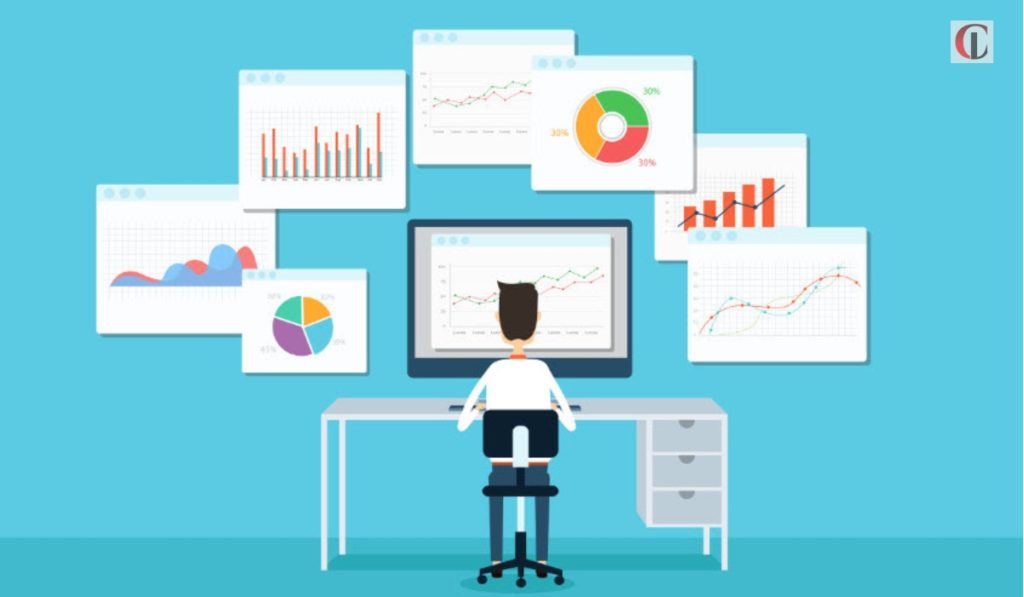
Social media is an integral part of marketing in the 21st century. Though some platforms are experiencing a drop in users, the majority of people still use at least one social media app or website on a daily basis. For businesses and website owners, analytics are a way of finding out who your posts are reaching and more importantly, how effective they are in terms of engagement.
- Identifying Your Audience
Analytics tools essentially allow you to find out who is looking at your posts and content. By analysing the levels of engagement your previous content achieved, you can get a clear indication of when your audience is online and how they responded to what you have shared. Things such as likes and shares can be a great indicator of how relevant your material is and will also let you know what is working and what isn’t. Both Facebook and Twitter provide analytics tools that allow you to see what time of day your users are engaging with your posts, meaning you can identify their browsing habits. This means you can ascertain whether they’re casually scrolling on a break at work, or spending some time reading online in the evenings. The key is to use this data effectively. There’s no point in sharing an insightful article at midnight if it’s not going to create any engagement until the following morning. Scheduling posts can be a way to circumnavigate problems like this.
- Choosing the best platform
Not all social media platforms are created equally and in business, focusing on the apps that provide you with the most reach is just common sense. Though it’s advisable to engage with as many platforms as you can at the beginning of your social media journey, analytics allow you to identify which platforms are providing you with genuine engagement from users. There are a range of free and paid analytics you can use, from Facebook and Twitter’s own tools to more in-depth software such as Sprout and Awario. Choosing the right tool for you depends on the level of detail you need. Paid tools generally provide you with more specific and detailed information, but this isn’t always necessary, especially for smaller, start up businesses. Essentially, it makes sense to focus on the platforms that have provided you with most exposure. In simple terms, if your Instagram feed is brimming with likes and comments but your Facebook page is looking a little lacklustre, we would advise you to focus on the former.
- Hidden Benefits
Analytics aren’t just about monitoring reach and engagement, they can also have other benefits, too. Particularly active users can act as “influencers” if they’re often very vocal about your brand or product and analytics tools allow you to identify the most active posters and commenters on your timeline. You can also gain some valuable insights into your competitor’s activities by monitoring their pages. This allows you to learn from their successes and indeed, their mistakes. Another hidden benefit is the amount of time you can potentially save by running an analytics tool before you decide to schedule content. If you have a good idea of the topics and type of content that are likely to be successful, you can create targeted articles, videos and blogs that are far more likely to perform well. This is a far more effective strategy than creating content without any prior knowledge.
In a spin with your analytics or not sure where to start? Get in touch with us at kate@tartanotter.com


